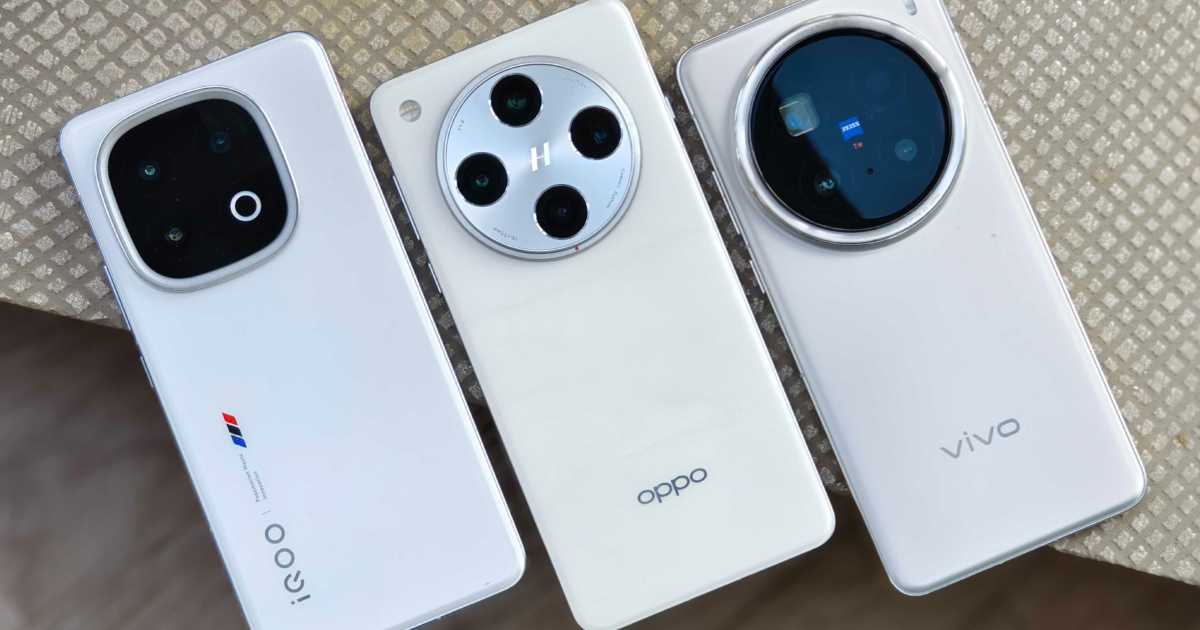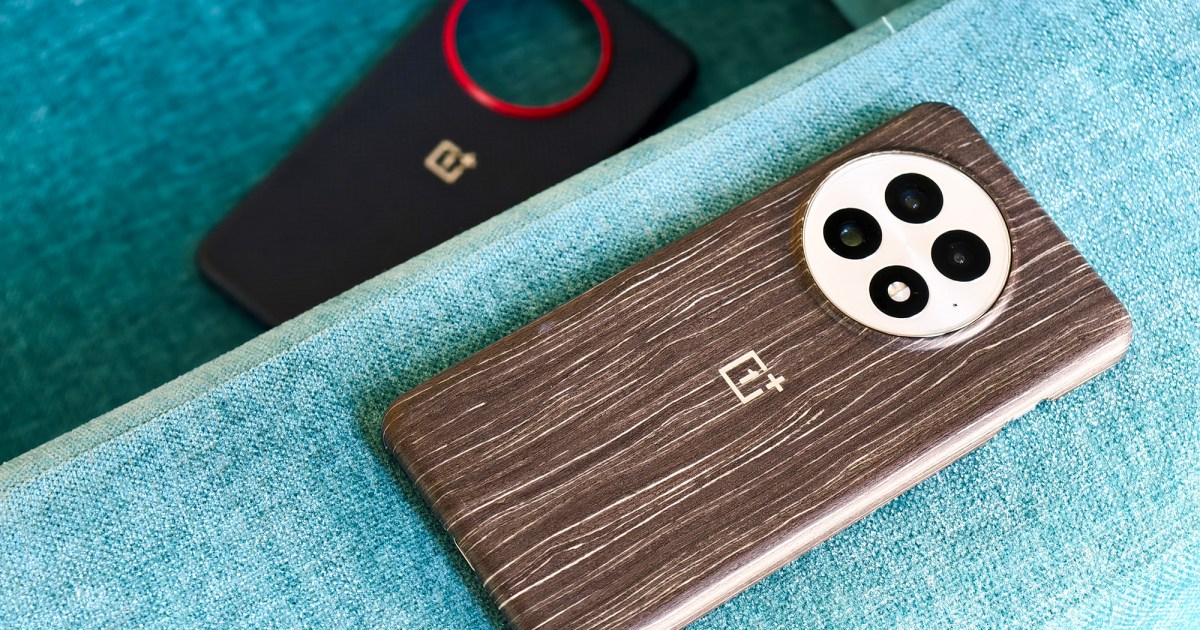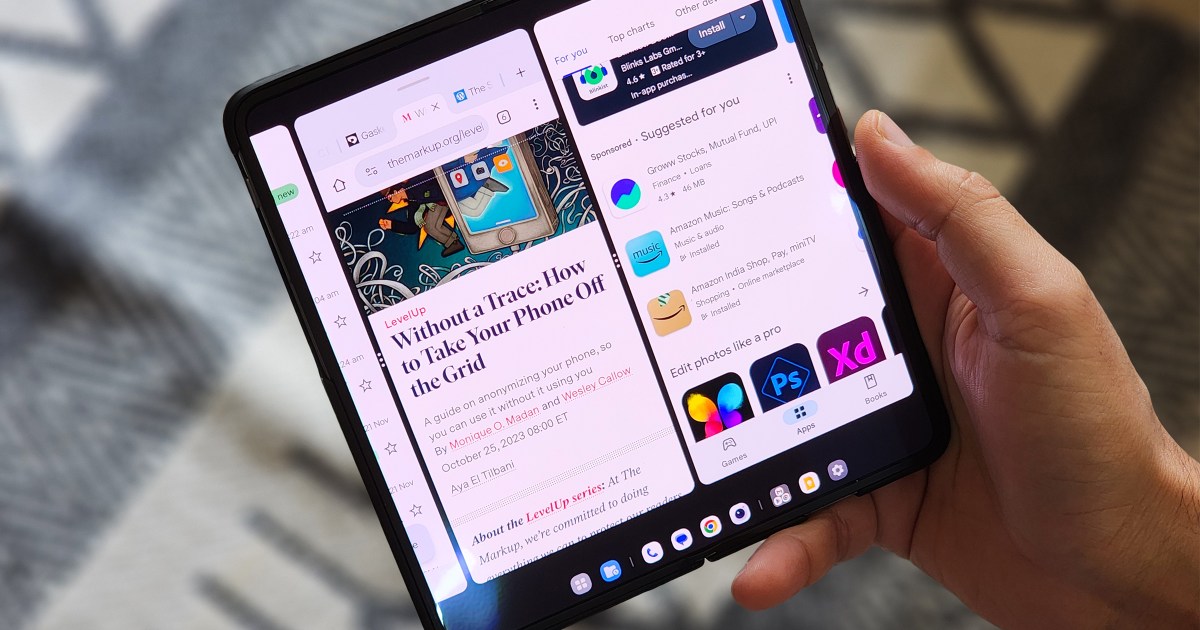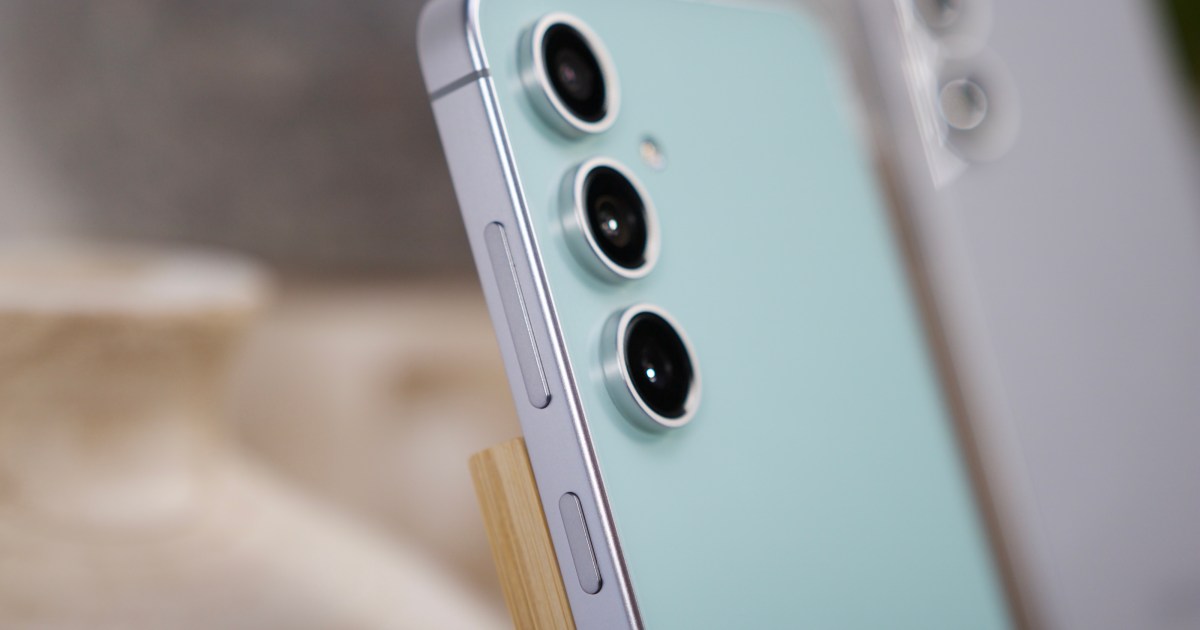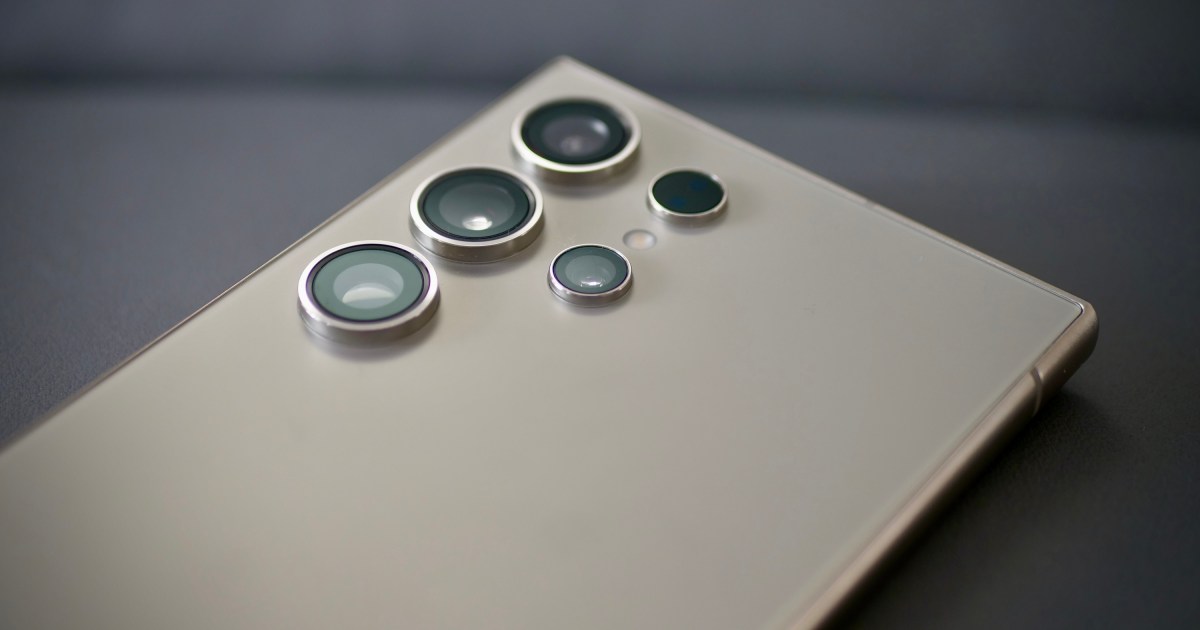The smartphone landscape is poised for a year of significant innovation, with advancements in camera technology, AI integration, and device form factors. One of the most anticipated developments is the potential arrival of significantly larger batteries, a trend expected to span from flagship devices down to the budget segment.
This shift towards increased battery capacity is fueled by advancements in battery technology, particularly the use of silicon-carbon hybrid materials as the anode. A recent leak suggests that Xiaomi’s Redmi sub-brand is preparing to launch a budget phone, possibly the Redmi Turbo 4 Pro, with a massive 7,500mAh battery. This dwarfs the 5,110mAh battery found in the Redmi Note 14 Pro Plus. Furthermore, rumors indicate that Xiaomi is testing an even larger 8,000mAh battery, with claims that fast charging capabilities, potentially up to 100W, will be retained.
 Honor Magic 5 Pro in hand.
Honor Magic 5 Pro in hand.
Silicon-Carbon: The Key to Bigger Batteries
The key enabling this leap in battery capacity lies in the use of Silicon Carbon Composite (SiC) as the anode material, replacing the traditional graphite. Silicon, as an electrode, can store ten times more ions than graphite, dramatically increasing electrochemical energy density. This allows for the creation of denser, higher-capacity batteries in a smaller form factor, while also facilitating faster charging. Moreover, silicon is an abundant material, making this a sustainable solution.
Redmi Joins the Big Battery Race
While Redmi appears set to push the boundaries of battery capacity, they are not the first to embrace this technology. Honor pioneered the use of silicon-carbon batteries in their Magic 5 Pro flagship in 2023, followed by the Magic 7 Lite with its 6,600mAh battery. The Red Magic 10 Pro already boasts an impressive 8,080mAh battery with 100W fast wired charging.
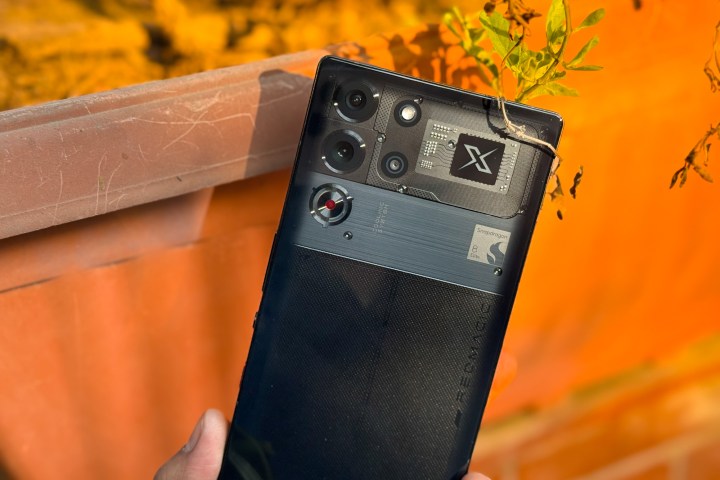 Angled macro view of cameras on the Red Magic 10 Pro.
Angled macro view of cameras on the Red Magic 10 Pro.
Other Manufacturers Embrace the Trend
Other manufacturers are also leveraging silicon-carbon technology. The Realme GT 7 Pro utilizes this innovation, as does OnePlus in their latest flagship, enabling a 6,000mAh battery without compromising fast charging capabilities. The iQoo 13 also features a comparable battery size at a more competitive price point. Vivo joined the ranks with the X200 Pro, incorporating a silicon-carbon battery into its camera-focused smartphone.
The Future of Smartphone Batteries
Industry whispers suggest that 8,000mAh batteries are on the horizon. With brands like Realme and Redmi leading the charge, consumers may soon enjoy the benefits of this significant advancement without breaking the bank. This transition towards larger batteries promises to address a key consumer pain point, delivering extended usage times and reducing reliance on frequent charging. The future of smartphone batteries looks bright, with increased capacity and faster charging becoming the new standard.



